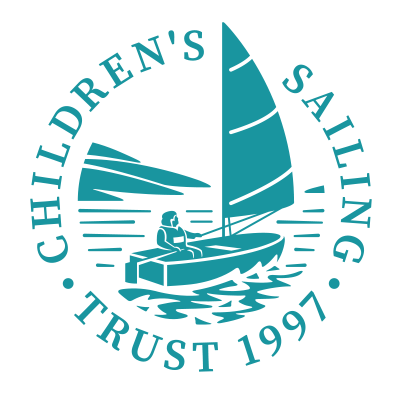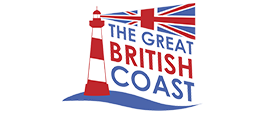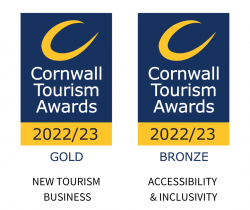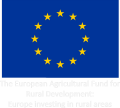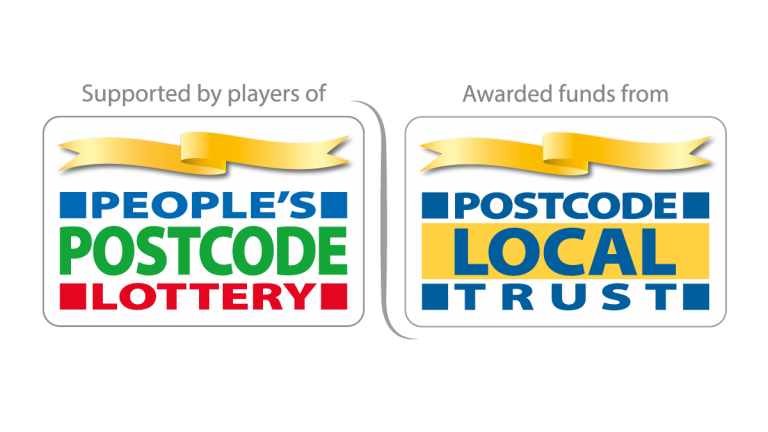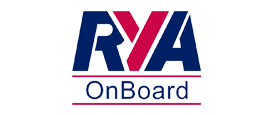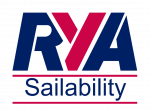Staff and Volunteer Code of Conduct
Children’s Sailing Trust (CST) and CST Trading C.I.C. expects all staff and volunteers to conduct themselves in a manner that shows respect, equality and understanding of CST’s values and those, in particular, of a professional sporting environment in order that all users can enjoy the facilities in a safe and supported manner.
CST is an inclusive community that has high standards of conduct for its staff and volunteers and this document aims to ensure clarity and consistency of expectation – it also serves as a way to minimise the risk of being accused of improper conduct.
It is not possible to include every behaviour that is or isn’t acceptable in all circumstances however there may be occasions and circumstances in which staff or volunteers have to make decisions which potentially contravene this guidance for example if a child or vulnerable adult is in immediate danger and requires immediate intervention by staff in order to preserve life. In this instance, staff/volunteers are expected to notify the CEO as soon as possible.
All staff/volunteers must be aware of the other important policies that sit alongside this Code of Conduct. They are; Safeguarding & Child Protection (& Vulnerable Adults) Policy & Procedures, Equal Opportunities Policy and the Anti-Corruption, Bribery and Gifts Policy.
CST requires all staff and volunteers to read and agree to comply with this Policy and have read and understood the Safeguarding & Child Protection (& Vulnerable Adults) Policy.
In basic terms, abusive language, swearing, intimidation, aggressive behaviour or lack of respect for others or CST property will not be tolerated and may lead to disciplinary action.
Staff and Volunteer Responsibilities
All staff and volunteers are responsible for keeping children/young people and vulnerable adults safe. Any concerns, however small or insignificant they may seem, must be raised to the Designated Safeguarding Officer (DSO). This includes concerns regarding another colleague or volunteer, which may also be raised via the Whistleblowing Policy. RYA qualified instructors and coaches must also comply with the RYA Code of Ethics and Conduct, where this conflicts with CST Code of Conduct whichever is deemed to be the stricter in the specific situation will prevail.
All staff and volunteers are responsible for their own actions and behaviour and should avoid any conduct which could be misconstrued or lead someone to question their actions, motivation or intentions. It is important that staff and volunteers take proportional steps to protect themselves against possible allegations. Equally, some allegations will be genuine and therefore CST will take steps to safeguard children/young people/vulnerable adults from harm.
Standards of Behaviour
- Dress and Appearance
Staff and volunteers are expected to wear appropriate, CST approved clothing that is fit for purpose and appropriate to their role. It should not be, or viewed to be, offensive, revealing, contentious or provocative. It should not cause embarrassment, be considered discriminatory or culturally insensitive. - Respect for Others
Staff and volunteers should treat all users, families, members of the public and each other with respect. Discrimination against any person or treatment of others less equal due to ability, gender, age, race, or any other protected characteristic will not be tolerated. No one should be singled out or be made to feel threatened, humiliated or patronised. This type of behaviour could be considered harassment or bullying. - Physical Contact
In general, physical contact should be avoided however, this cannot be avoided when it is life critical. In this instance it should be undertaken in an appropriate and professional manner. - Honesty and Integrity
Staff and volunteers each have their own contracts and job descriptions which are specific to their own role and responsibilities. It is expected that all written and oral instructions relating to the way in which they conduct their duties and themselves will be complied with.All staff and volunteers act as role models for children/young people and vulnerable adults and as such must at all times act appropriately. It should be noted that it is an offence for a person aged 18 or over to have a sexual relationship with a child under the age of 18 regardless of consent and with an adult who is unable to make a mental choice. Occasionally, a child/young person or vulnerable adult may develop an infatuation with an adult or another young person who is in a position of authority in this instance. These should be treated with sensitivity and with the awareness that words and actions could be misinterpreted. This should be raised with the CEO in order that dignity can be maintained for all parties concerned and distress or embarrassment can be avoided. Staff and volunteers should make every effort to be above reproach and maintain professional boundaries in this instance. - Gifts (Giving and Receiving)
All gifts received and given should be declared to the CEO. If gifts are given, they should be openly given and not based upon favouritism. The covert handling of gifts could be construed as a bribe or to groom a child/young person or vulnerable adult. There are occasions when a user wishes to thank a member of staff or volunteer with a small token of appreciation and this is acceptable. However, if this becomes a regular occurrence or a significant value it should be notified to the CEO. For further information please refer to CST’s Anti-Corruption, Bribery and Gifts Policy. In addition, staff or volunteers must not use their position to confer and advantage or disadvantage on anyone, nor bring CST into disrepute or allow personal interests to conflict with CST’s principles. - Social Contact (electronically and social media)
Staff and volunteers should not establish or seek to establish social contact with children/young people under the age of 18 or vulnerable adults for the purpose of friendship or a relationship and should exercise caution if a parent or child/young person or vulnerable adult attempts to do so with them. If however, they are part of the same social circle, this should be openly acknowledged and notified to the CEO. It should be noted that this could be misconstrued as being part of a grooming process.
Staff and volunteers should therefore,
- Have no secret contact with children/young persons or vulnerable adults
- Consider if the social contact is necessary
- Report and record any situation which may compromise the staff or volunteer or CST
- Not share private mobile numbers or social media account details with children/young persons or vulnerable adults
- Exercise caution when posting photographs and or comments on their own and other people’s social media so that professional standards are maintained
- Ensure all communication to children/young persons or vulnerable adults is addressed to parent/guardian or carer and is using the CST business systems – not private email addresses
One to One Situations
Reasonable precautions should be taken to avoid one to one situations. Always advise colleagues or parents/guardians/carers in advance where ever possible and be careful to avoid out of sight locations.
Use of Private Car to Transport Users
The transportation of users by employees or volunteers should not occur unless in an emergency and then with either parent, guardian or carer permission or with CEO approval given the circumstances. Wherever possible the employee or volunteer should not be left alone in the vehicle with a user aged under 18 or with a vulnerable adult. It is the driver’s responsibility to ensure that all passengers are securely fastened in their seatbelts
Photographs
It is important to be aware of the child protection and safeguarding issues when taking photographs or filming those aged under 18 or who are considered to be vulnerable adults. Parents, guardians and carers have the right to decide whether their child’s image can be taken and how it can be used. Photographs taken for the purposes of coaching, recording events or for general promotional interest must only be taken under the direction and agreement of a senior member of staff. Photographs should not be taken in or around the changing areas and if an employee or volunteer is found to have done so, they will be subject to disciplinary proceedings. If a member of the public or a parent, guardian or carer is found to be taking photographs that are not of their own child or young person they should be challenged and asked to refrain unless they have explicit permission from the child’s parent, guardian or carer. If they are found to be taking photographs around the changing area then this maybe a matter for the police to investigate and should be immediately notified to the CEO.
Duty to provide information to CST
Prior to employment and during the course of employment or volunteering, staff and volunteers are required to advise CST if any of the following transpire:
- In accordance with the Rehabilitation of Offenders Act 1974 declare a conviction, caution or bind-over including those that are “spent”
- Become disqualified from working or volunteering with children/young persons or vulnerable adults
- Been involved or are under investigation with any statutory agencies such as HMRC, Social Services
If at any time a member of staff or volunteer’s personal circumstances change, in particular if it will affect their suitability to work with children and vulnerable adults, they should disclose it to the CEO and/or HR Trustee. If they are unsure, they should review relevant legislation or speak in confidence to the CEO or HR Trustee.
